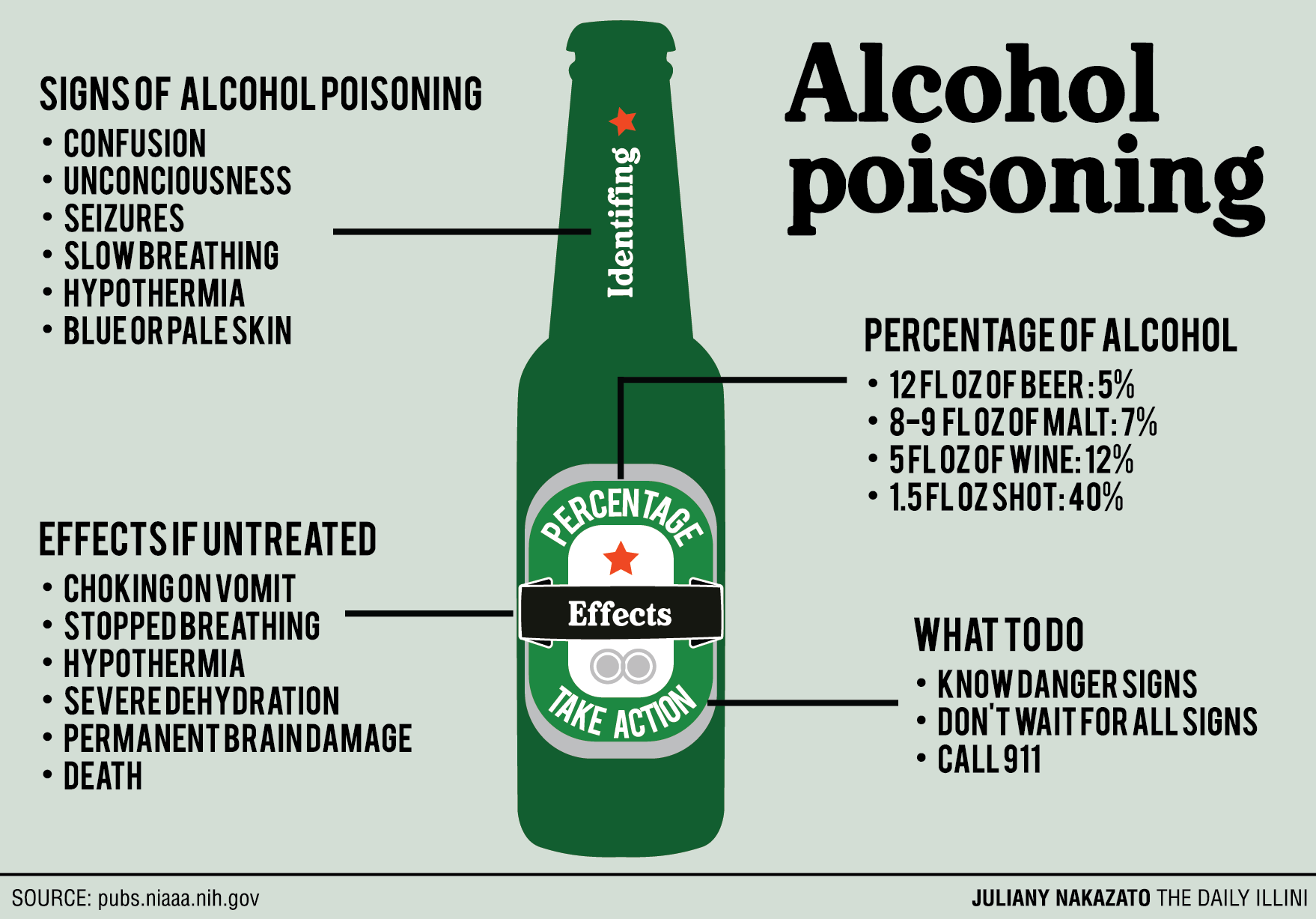
It becomes a feedback loop in which they are locked together. Every morning Donald Trump wakes up in the White House, he tweets something absolutely outrageous which he knows the liberals will get upset by, the liberals read his tweets and go “This is terrible, this is outrageous,” and then tell each other via social media how terrible it all is. My working theory is that he’s part of the pantomime-isation of politics. Mr Curtis: No one is really sure what Trump represents. Is that an interruption of the system you describe or a symptom of it? The Economist: Since “HyperNormalisation” came out in 2016, Donald Trump has entered the White House and populism has spread even deeper across Europe. That same feeling is pervasive in our society, and that’s what the film is about. I was just trying to show the same feeling of unreality, and also that those in charge know that we know that they don’t know what’s going on. I wasn’t trying to say “Oh, we’re just like the Soviet Union collapsing”. I borrowed the title from Mr Alexei Yurchak and called it “HyperNormalisation”. So I was trying to make a film about where that feeling came from, and I went way back into the past to do that. It’s all slightly odd and slightly corrupt. There is a sense of everything being slightly unreal that you fight a war that seems to cost you nothing and it has no consequences at home that money seems to grow on trees that goods come from China and don’t seem to cost you anything that phones make you feel liberated but that maybe they’re manipulating you but you’re not quite sure.

But whenever the journalists point it out, everyone goes “Wow that’s terrible!” and then nothing happens and the system remains the same. Everyone in my country and in America and throughout Europe knows that the system that they are living under isn’t working as it is supposed to that there is a lot of corruption at the top. I thought “that’s a brilliant title” because, although we are not in any way really like the Soviet Union, there is a similar feeling in our present day. And this historian, Alexei Yurchak, coined the phrase “HyperNormalisation” to describe that feeling. Everyone knew it was fake, but because no one had any alternative vision for a different kind of society, they just accepted this sense of total fakeness as normal. And they knew that the bosses knew they knew that.


What he said, which I thought was absolutely fascinating, was that in the 80s everyone from the top to the bottom of Soviet society knew that it wasn’t working, knew that it was corrupt, knew that the bosses were looting the system, knew that the politicians had no alternative vision. The Economist: What is HyperNormalisation?Īdam Curtis: “HyperNormalisation” is a word that was coined by a brilliant Russian historian who was writing about what it was like to live in the last years of the Soviet Union. The less committed can google “youtube epic card trick” and affirm Mr Curtis’s theses instead. It is 8,500 words, or around 35 minutes to read.

Fittingly for a discussion that touched upon the superficiality of media, we are publishing the transcript with only the lightest of edits. The conversation glided from individualism and data to populism and “this sense of doom” that people feel. As part of The Economist’s Open Future initiative, we interviewed Mr Curtis at his work studio in London. His latest film, “HyperNormalisation” (the trailer of which is below) argues that stability has been preserved by ideas that are somehow both difficult to believe and almost impossible to escape.


 0 kommentar(er)
0 kommentar(er)
